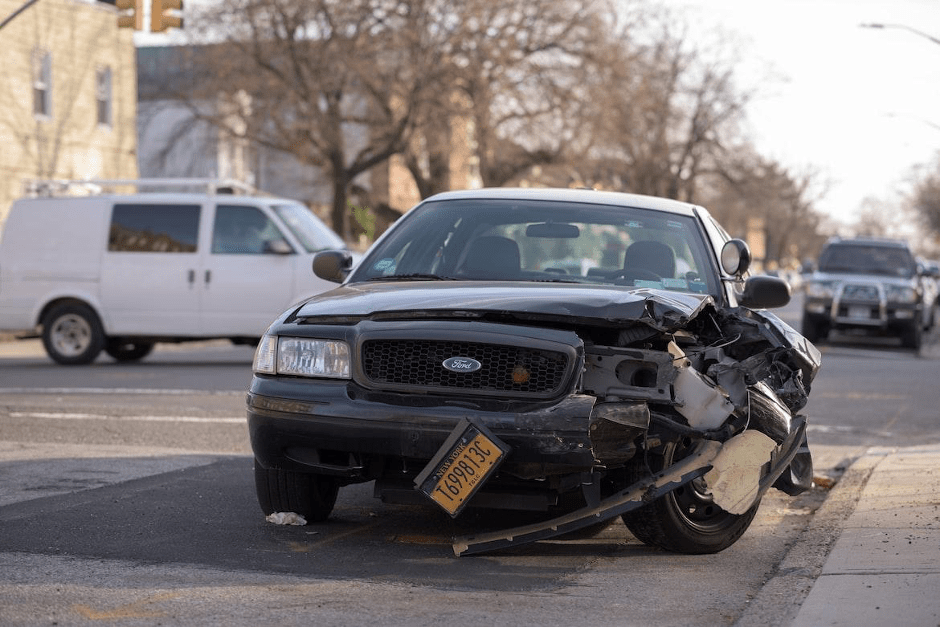When you’re in a car accident, it can be a very traumatic experience. It’s important to know what to do afterward in order to make the process as smooth as possible. It’s also important to be aware of your rights so that you can protect yourself. The first thing you should do after a car accident is to stop your vehicle and turn on your hazard lights. If you’re able, move your car to the side of the road so that it’s not blocking traffic. Once you’re safely off to the side of the road you can start to assess the situation. Let’s take a look at what you should do next.
Seek Medical Attention
If you or anyone else involved in the accident is injured, it’s important to seek medical attention right away. Even if the injuries seem minor, it’s always best to get checked out by a doctor. It’s also important to get documentation of any injuries sustained in the accident. This will be important if you need to file an insurance claim or a personal injury lawsuit. The next step is to call the police. It’s important to have an official police report for your insurance company. The police will also be able to direct traffic if necessary and make sure that everyone involved in the accident is safe.
Hire A Lawyer
If the accident was serious, you may want to consider hiring a lawyer. A lawyer can help you deal with the insurance company and make sure that you’re getting the compensation you deserve. If you’re not sure whether or not you need a lawyer, you can always consult with one for free to get their opinion. You can get more information about car accident cases on this website or by doing a quick online search of various information sources. When choosing a lawyer, it’s important to make sure that they have experience with car accident cases and that they’re licensed to practice law in your state.
Call Your Insurance Company
Once you’ve taken care of any immediate medical needs and the police have been called, the next step is to call your insurance company. You should let them know that you’ve been in an accident and find out what steps you need to take next. Your insurance company will likely need a copy of the police report and any documentation of injuries or damage to your vehicle. They may also want to send an adjuster to inspect the damage to your car.
Gather Evidence
If you plan on filing an insurance claim or a personal injury lawsuit, it’s important to gather evidence from the scene of the accident. This includes taking photos of the damage to your vehicle and any injuries that you’ve sustained. You should also get the contact information for any witnesses who saw the accident. These witnesses can provide valuable testimony if your case goes to trial. You should also get the contact information of the other driver involved in the accident. It’s important to exchange insurance information with the other driver.
Follow Your Doctor’s Recommendations
If you were injured in the accident, it’s important to follow your doctor’s recommendations for treatment. This may include going to physical therapy or taking medication. It’s important to get the treatment you need so that you can make a full recovery. You should also keep track of any expenses related to your accident, such as medical bills and property damage.
File An Insurance Claim Or Lawsuit
If you’ve been in a car accident, you may be entitled to compensation for your injuries and damages. You can file an insurance claim with your own insurance company or the other driver’s insurance company. If you’re not satisfied with the insurance company’s offer, you can also file a personal injury lawsuit. This is where a lawyer can be extremely helpful. A lawyer will know how to negotiate with the insurance company and build a strong case for compensation.
No one ever expects to be in a car accident. But if you are, it’s important to know what to do. By following these steps, you can ensure that you’re taking the right steps to protect your rights and get the compensation you deserve. Make sure to consult with a lawyer if you have any questions about your case. They can help you understand your rights and options. In addition, they can help you negotiate with the insurance company and build a strong case for compensation. With the right lawyer on your side, you can get the justice and compensation you deserve.














